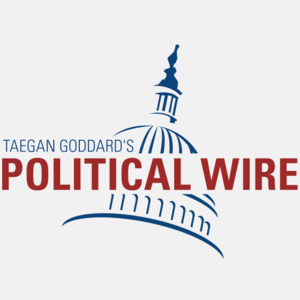The 2024 presidential campaign is in full swing and former President Donald Trump is making headlines with his economic policy proposals. Eliminating taxes on tips is one he introduced while campaigning in Nevada, aiming to gain support from Americans in the service industry who may directly benefit. Another campaign proposal revolves around expanding tariffs on foreign-made goods.
Economists and policy analysts crunching the numbers point out that these policies may run up the nation’s debt even further without significant offsets.
Last week, the former president told a crowd of supporters in Nevada that, if elected, he would do away with taxes on tips. The comment came in a state where 22.9% of workers are in the leisure and hospitality industries, many of whom rely on tips.
“Just common sense would tell you that if you’re going to exempt a certain form of income that is not at the present point in time exempt, that means you’re going to get less revenue,” former U.S. Comptroller General David M. Walker told Straight Arrow News.
While Walker doesn’t necessarily buy the proposal, he did offer how he would change the way tipped employees are handled in the U.S.
“I think that what we ought to be doing with regard to waiters and waitresses and those who rely primarily on tips for their income is we ought to be going to the European model,” he said. “We ought to pay them enough money such that they don’t have to rely upon tips in order to be able to have a decent standard of living.”
The bipartisan Committee for a Responsible Federal Budget found that Trump’s proposal could add between $125 billion and $500 billion to the U.S. deficit over 10 years.
While the prohibition of taxing tips is a relatively new proposal from Trump, tariffs have been in his toolbox since he transitioned from the C-suite to the Oval Office. The Trump campaign said a 10% across-the-board tariff policy would raise billions in revenue to pay for tax cuts, but analysis from center- and left-leaning think tanks show it could cost middle-income families between $1,500 and $1,700 per year.
“If you are going to tariff goods, it is going to affect the price of those goods and so ultimately the consumer is going to end up paying more as a result of those tariffs,” Walker said. “The real question is, in exchange for what? Is this going to be in exchange for a tax cut someplace else? So when you look at it from an economic standpoint, it will have an effect on prices. It’s not a tax, but it will have an effect on prices.”
These proposals come as the economy and inflation are top issues among voters in poll after poll just five months ahead of Election Day.






















